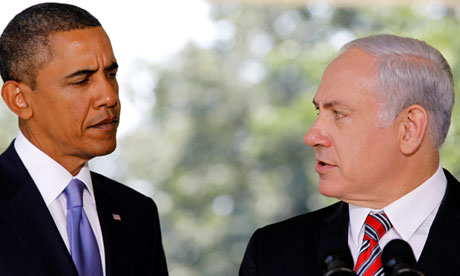Today may be Netanyahu’s waterloo, or not, with the ideologue shifting further right at the eleventh hour, hoping to extend his time in office. One thing which shouldn’t be lost regardless of the election’s outcome, is that in addition to worries about diplomatic bungling and existential threats from without, the country is enduring serious income inequality. From “Israel’s Gilded Age,” by Paul Krugman of the New York Times:
Why did Prime Minister Benjamin Netanyahu of Israel feel the need to wag the dog in Washington? For that was, of course, what he was doing in his anti-Iran speech to Congress. If you’re seriously trying to affect American foreign policy, you don’t insult the president and so obviously align yourself with his political opposition. No, the real purpose of that speech was to distract the Israeli electorate with saber-rattling bombast, to shift its attention away from the economic discontent that, polls suggest, may well boot Mr. Netanyahu from office in Tuesday’s election.
But wait: Why are Israelis discontented? After all, Israel’s economy has performed well by the usual measures. It weathered the financial crisis with minimal damage. Over the longer term, it has grown more rapidly than most other advanced economies, and has developed into a high-technology powerhouse. What is there to complain about?
The answer, which I don’t think is widely appreciated here, is that while Israel’s economy has grown, this growth has been accompanied by a disturbing transformation in the country’s income distribution and society. Once upon a time, Israel was a country of egalitarian ideals — the kibbutz population was always a small minority, but it had a large impact on the nation’s self-perception. And it was a fairly equal society in reality, too, right up to the early 1990s.
Since then, however, Israel has experienced a dramatic widening of income disparities. Key measures of inequality have soared; Israel is now right up there with America as one of the most unequal societies in the advanced world. And Israel’s experience shows that this matters, that extreme inequality has a corrosive effect on social and political life.•




